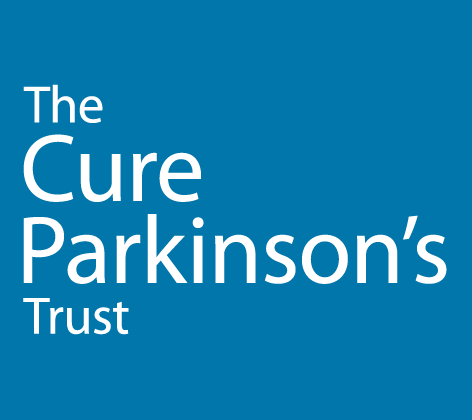Click the play button for the audio version of this Research Summary
Where gender matters- Understanding the results of the SURE-PD trial
Original article: Sex differences by design and outcome in the Safety of Urate Elevation in PD (SURE-PD) Neurology: September 4, 2019
The takeaway
The SURE-PD trial evaluating the safety and tolerability of supplementation with inosine has indicated it may be more efficacious at increasing urate levels in women, and slower disease progression over a 2 year period.
Why is it important?
These encouraging findings will be investigated in a larger phase III trial.
%
IMPACT
- Novelty 90%
- Proximity 70%
- Deliverability 80%
Impact Opinion
Gender differences are an important aspect not only for our understanding of Parkinson’s, but also for the treatment of the condition. There may be critical differences between the sexes that could influence how certain treatments will affect men and women. This new result is particularly fascinating from this standpoint, and it will be interesting to see if the results can be replicated in the recent Phase III SURE-PD study as the results are now being analysed.
Background
Uric acid is a breakdown product of purines, which are found in high quantities in foods like meat, fish, beer as well as beans and other vegetables. Normally, the body clears it in the urine, but when its levels are too high, it can form crystals that deposit themselves in joints, causing gout, or in the kidneys, causing stones. Within normal ranges however, it has an important antioxidant function, mopping up harmful free radicals. In this context, research has shown that higher levels of urate may actually be associated with a lower Parkinson’s risk. Previous studies however found this effect to apply mostly to men, although how reliable this finding actually is remains unclear.
The details
The team behind the SURE-PD trial (Safety of Urate Elevation in PD) at Massachusetts General Hospital set out to investigate whether inosine, which when processed by the body increases the levels of urate, is safe, well tolerated and effective at elevating urate in people with Parkinson’s whose levels are lower than average.
75 people diagnosed with Parkinson’s in the last 3 years participated in this phase II clinical trial. They were allocated to one of three groups: 1) placebo (in this case, a lactose pill), or different doses of inosine aimed at 2) mild or 3) moderate increases in urate levels. Inosine was taken for 2 years. Regular blood tests were undertaken by all volunteers. Inosine was well tolerated, and caused no changes in other metabolic markers such as glucose and cholesterol. The only adverse events were kidney stones in 3 women.
In this small trial, the team found that inosine was effective at increasing urate levels in women but not men, and that in women alone there was a significant relationship between the increase in urate and slower disease progression as measured by the Unified Parkinson’s Disease Rating Scale (UPDRS). Another measure of blood antioxidant capacity called FRAP was also found to increase along with urate levels, but again it was only associated with slower disease progression in women but not men. There are a number of different explanations for this sex difference in the observed response to inosine, including that the sample size may have been too small to detect the effect in men, or that women benefited more from supplementation because they had lower urate levels to begin with.
Next steps
SURE-PD secured funding to conduct a phase III trial, in a larger group of people with Parkinson’s, where some of these issues were further investigated. The results of that Phase III study are now being analysed. Close monitoring and other risk reduction measures such as regular urine tests may be necessary to avoid the occurrence of kidney stones and any other adverse events.
Related work and trials
Original article: Schwarzschild MA, Macklin EA, Bakshi R, et al; on behalf of the Parkinson Study Group SURE-PD Investigators. September 4, 2019. Sex differences by design and outcome in the Safety of Urate Elevation in PD (SURE-PD) trial.



